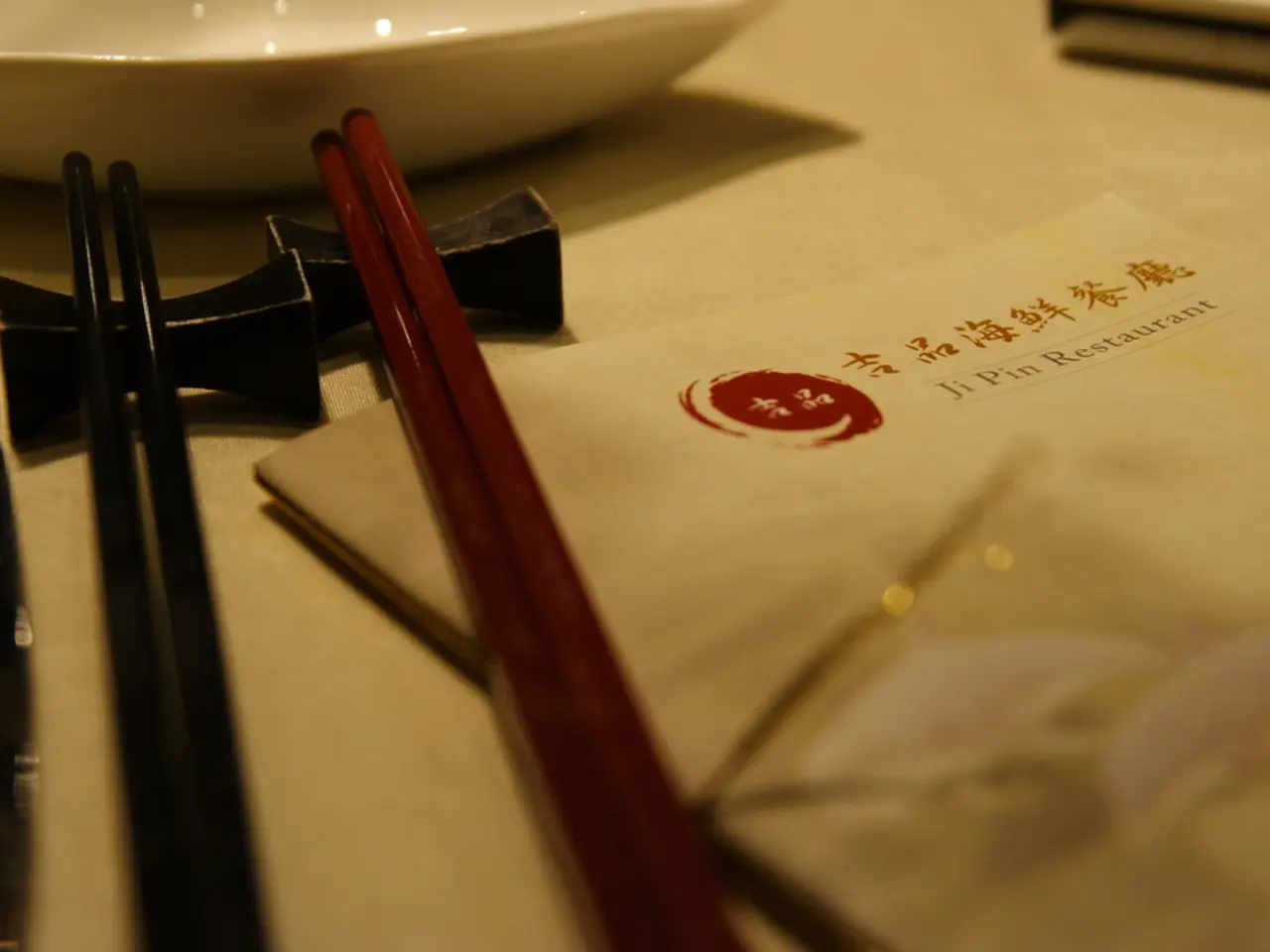Thailand's industry is given fresh support as the BOI discloses fresh incentives to combat US import taxes.
The Board of Investment (BOI) of Thailand has announced a new policy package, the "Thai Enterprise Competitiveness Enhancement Measures for the New Global Era," aimed at supporting Small and Medium Enterprises (SMEs) and enhancing local manufacturing in the Electric Vehicle (EV) and electronics sectors [1][2]. This initiative comes in response to the United States' announcement of a 36% reciprocal tariff on Thai imports, effective from August 1, 2025 [2].
### Supporting Thai SMEs
Under this policy, SMEs registered with the Office of Small and Medium Enterprises Promotion (OSMEP) will receive increased tax incentives for investing in operational efficiency improvements such as machinery upgrades, automation, digital technologies, energy-saving measures, and transitions into emerging industries [1][2].
### Promoting Local Content in EV and Electronics Manufacturing
Companies in the EV and electronics sectors that use Thai-sourced materials and components, certified under the Federation of Thai Industries’ Made in Thailand (MiT) programme, will receive an additional 2-year 50% corporate income tax deduction [2].
### Additional BOI Initiatives
The BOI has also announced three more measures, though specific details are yet to be disclosed. These focus on supporting domestic supply chains and organizing investments to protect domestic industries while maintaining a balanced business environment [1][5].
### Global Context and Taxation
To enhance tax fairness and competitiveness, Thailand has implemented a global minimum effective tax rate of 15% for multinational enterprises (MNEs) with consolidated revenues exceeding EUR 750 million. This measure aims to prevent tax avoidance practices and some revenues from this initiative are channeled into enhancing competitiveness in high-tech and innovative industries [3][4].
The BOI is also setting minimum income thresholds for foreign personnel eligible for BOI-related visa and work permit privileges. Executives must earn at least 150,000 baht/month, while experts must earn at least 50,000 baht/month [1].
The BOI will suspend promotion for the manufacture of solar panels, vehicle accessories, and decorative parts. Clear conditions will be set requiring a significant transformation of raw materials into finished products for export. In some light industries, majority Thai ownership will be required, except for projects located in designated Special Economic Zones [1].
The BOI is regulating investment in selected sectors to protect vulnerable industries and maintain fair competition. The BOI will suspend promotion for downstream steel products such as all long steel products, hot-rolled steel, thick steel plates, steel pipes, and metal cutting operations. The BOI is tightening scrutiny of essential production processes for industries at risk of being affected by US trade measures [1].
References: [1] "Thai Enterprise Competitiveness Enhancement Measures for the New Global Era." (n.d.). Retrieved from https://www.boi.go.th/en/news/thai-enterprise-competitiveness-enhancement-measures-for-the-new-global-era/ [2] "BOI unveils measures to help Thai industries hit by US tariffs." (2022, March 23). Retrieved from https://www.nationthailand.com/business/40114959 [3] "Thailand introduces global minimum tax rate for multinational corporations." (2021, October 19). Retrieved from https://www.reuters.com/world/asia-pacific/thailand-introduces-global-minimum-tax-rate-multinational-corporations-2021-10-19/ [4] "Thailand to use extra tax revenue from global minimum tax to boost innovation." (2021, October 19). Retrieved from https://www.reuters.com/world/asia-pacific/thailand-use-extra-tax-revenue-global-minimum-tax-boost-innovation-2021-10-19/ [5] "Thailand's BOI to announce new measures to support businesses hit by U.S. tariffs." (2022, March 22). Retrieved from https://www.reuters.com/world/asia-pacific/thailands-boi-announce-new-measures-support-businesses-hit-us-tariffs-2022-03-22/
- The initiative from the BOI, aimed at supporting SMEs, encourages investing in technology and digital technologies for operational efficiency, while also promoting the transition into emerging industries such as electric vehicles.
- As part of the policy, a tax deduction of 50% for two years will be given to companies in the EV and electronics sectors that use locally sourced materials and components.
- The BOI has announced additional measures to support domestic supply chains, organize investments, and protect domestic industries, although further details are yet to be disclosed.
- In an effort to maintain fair competition and prevent tax avoidance practices, Thailand has implemented a global minimum effective tax rate of 15% for multinational enterprises, with some revenue channeled into high-tech and innovative industries.
- Foreign personnel working with BOI-related projects need to meet minimum income thresholds, with executives earning at least 150,000 baht/month and experts earning at least 50,000 baht/month, while the BOI regulates investing in selected sectors to protect vulnerable industries from the impact of international trade measures.




